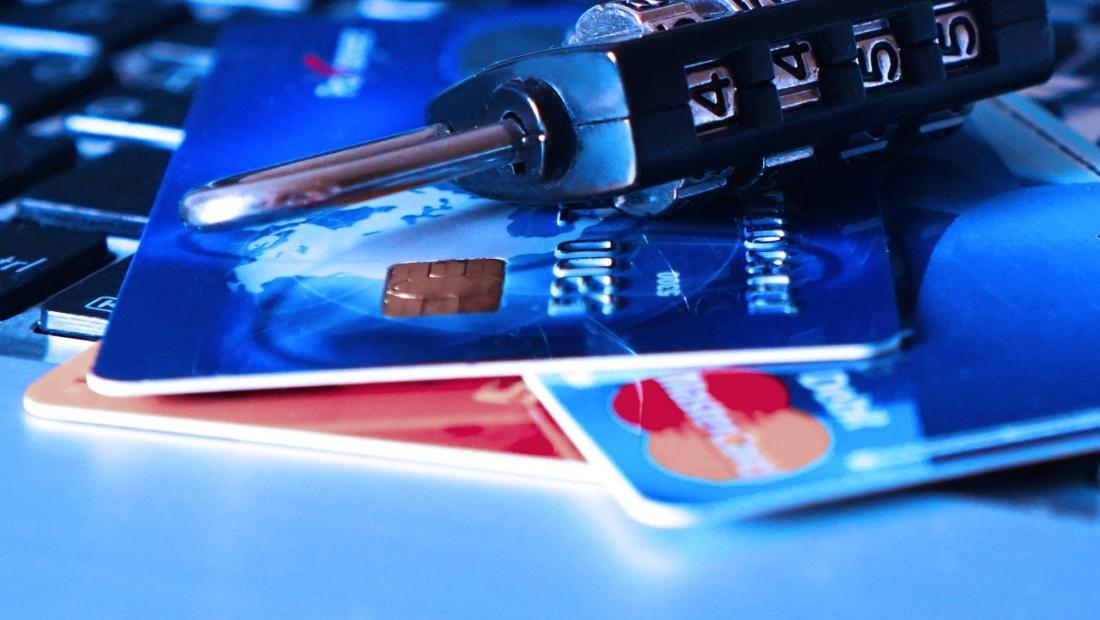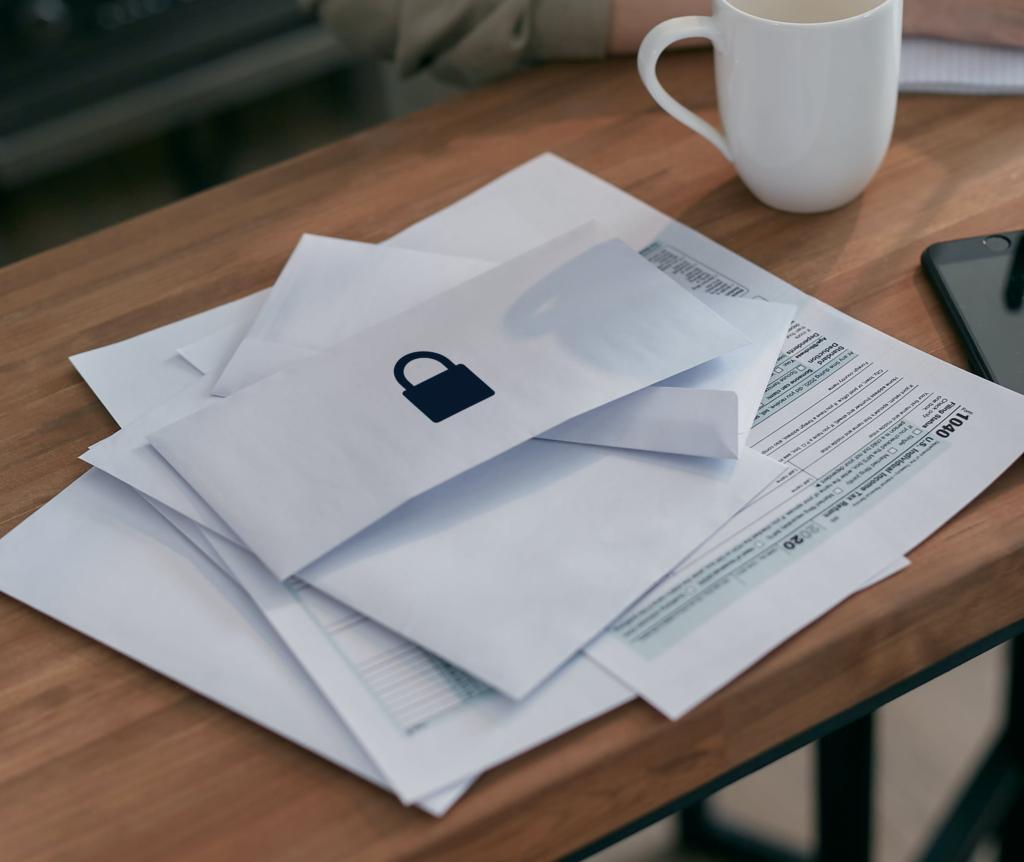If You Fear You’ve Been a Victim of Identity Fraud, Who Do You Contact To Freeze Your Credit?

Start Building Your
Child’s Credit
Identity fraud is a serious and growing concern—with the increasing amount of personal information circulating online, it has become easier for criminals to steal and misuse your identity.
In such cases, one of the crucial steps you can take is to freeze your credit. But if you fear you’ve been a victim of identity fraud, who do you contact to freeze your credit? This article will provide essential information on who to contact in case of identity theft and guide you through the process of freezing your credit.
What Is Identity Fraud?
Identity fraud, also known as identity theft, occurs when someone wrongfully obtains and uses your personal information, such as your Social Security number (SSN), credit card details, or bank account information, without your consent. Common methods employed by identity thieves include:
- Phishing emails
- Data breaches
- Stealing physical documents like your driver’s license
The consequences of identity fraud can be severe, ranging from financial loss and damaged credit to legal troubles and emotional distress. So, it’s crucial to take immediate action if you suspect you may have become a victim.
Signs of Identity Fraud
Recognizing the signs of potential identity theft is essential for prompt intervention. Some common indicators include:
- Unauthorized transactions or withdrawals on your bank or credit card statements
- Unfamiliar accounts on your credit report
- Receiving bills or statements for accounts you didn’t open
- Missing mail or important documents
- Notifications from creditors or debt collectors regarding unfamiliar debts
If you notice any of these signs, it’s important to investigate further and report any suspicious activities.
Steps To Take if You’ve Fallen Victim to Identity Fraud

Dealing with identity fraud can be a stressful and challenging experience, but taking the right steps promptly can help you mitigate the damage and protect your financial well-being. If you suspect you’ve been the victim of identity fraud, follow these steps:
- Contact your local police department
- File a claim with your identity theft insurance provider
- Notify relevant companies of your stolen identity
- File a report with the Federal Trade Commission (FTC)
- Place a fraud alert on your credit reports
Contact Your Local Police Department
Report the identity theft to your local law enforcement agency, typically your city or county police department. Provide them with the evidence you’ve gathered, including any documentation of fraudulent transactions or accounts.
The police report will create an official record of the identity theft—request a copy of the report and make sure it includes all relevant details.
File a Claim With Your Identity Theft Insurance Provider
If you have identity theft insurance, it can be a valuable resource in recovering from identity fraud. Contact your insurance provider to initiate the claims process. Your policy may cover various expenses related to identity theft, such as legal fees, lost wages, and the cost of reclaiming your identity. Be sure to provide the insurance company with all the necessary documentation, including police reports and evidence of the fraud.
Notify Relevant Companies of Your Stolen Identity
One of the first actions you should take is to contact all relevant companies and institutions you suspect the identity thief has targeted. This includes banks, credit card companies, utility providers, online retailers, and any other businesses that may have accounts or services opened fraudulently in your name.
Inform them of the identity theft and take the following precautions:
- Close or freeze the affected accounts to prevent further unauthorized transactions
- Provide them with a copy of your identity theft report or case number for their records
- Ask for any documentation or affidavits they require to confirm the fraudulent activity
Keep records of all communications with these companies, including names of representatives, dates, and details of the conversations.
File a Report With the Federal Trade Commission (FTC)
Visit the federal government’s official website for identity theft victims (IdentityTheft.gov) or call its identity theft hotline at 1-877-438-4338 to file a complaint.
The FTC will provide you with an identity theft affidavit, which serves as an official record of the theft and can be helpful when disputing fraudulent accounts and transactions with creditors and businesses. The FTC also provides valuable resources and guidance on how to recover from identity theft and protect yourself from further harm.
Place a Fraud Alert on Your Credit Reports
Having taken the crucial steps, you may wonder—why should you notify the credit bureaus if you are a victim of identity theft? Once notified, the major credit bureaus place a fraud alert on your credit report, preventing further unauthorized access and financial damage.
A fraud alert is a notice on your credit report that informs potential creditors they need to verify your identity before extending credit in your name. It typically lasts for one year but can be extended as needed.
Who Should You Contact To Freeze Your Credit?
You should consider freezing your credit as an extra layer of protection. A credit freeze restricts access to your credit reports, making it challenging for identity thieves to open new accounts in your name.
To freeze your credit, contact the three major credit bureaus online, by phone, or through regular mail and follow their procedures for freezing and unfreezing your credit. Here’s how you can reach them:
| Credit Bureau | Contact Number |
| Equifax | 1-800-525-6285 |
| Experian | 1-888-397-3742 |
| TransUnion | 1-800-680-7289 |
In most cases, you can initiate a credit freeze online by following the instructions provided on the respective credit bureau’s website. This usually involves providing necessary information, such as your name, SSN, date of birth, and current address.
The Importance of Freezing Your Credit

A credit freeze offers powerful protection against the ever-present threat of identity theft and financial fraud. Here are the main reasons why freezing your credit is crucial:
- Prevents unauthorized access
- Mitigates the risk of identity theft
- Protects your financial future
- Preserves your credit score
Prevents Unauthorized Access
A credit freeze is like a fortress around your credit reports—when you freeze your credit, you block unauthorized access to your financial history. This means that identity thieves will find it difficult—if not impossible—to open new credit accounts or take out loans or credit cards in your name.
Mitigates the Risk of Identity Theft
Identity theft is a multi-step process that starts with the theft of personal information. When identity thieves obtain your SSN, date of birth, and other identifying details, they can use this data to apply for credit accounts or loans in your name. A credit freeze disrupts this process by denying them access to your credit reports, thwarting their efforts to misuse your identity.
Protects Your Financial Future
Identity fraud can lead to severe financial consequences, including substantial debt, damaged credit scores, and legal issues resulting from fraudulent activities in your name. A credit freeze acts as a proactive defense mechanism, shielding your financial future from these threats.
Preserves Your Credit Score
Maintaining good credit is crucial for securing loans, mortgages, and favorable interest rates—and identity theft can damage your credit score if left unchecked. Children are especially vulnerable to identity theft because their clean credit histories make it easier for thieves to create and misuse their identities while undetected. By freezing your credit and that of your children, you prevent unauthorized accounts from negatively impacting your credit history, helping you preserve your creditworthiness.
However, while a credit freeze is a powerful protective measure, there are steps you can take to catch identity theft in its earliest stages. One such step is enrolling in an identity monitoring service like FreeKick, which can ongoingly overlook your credit profile and alert you to any suspicious activity, such as new account openings or changes in your credit report. This proactive approach can help you detect and address identity theft much earlier, potentially minimizing the damage to your credit and financial stability.
FreeKick—A Two-In-One Identity Protection and Credit Building Platform
FreeKick by Austin Capital Bank is an FDIC-insured deposit account that helps you protect your family’s identities while building credit for your children. Child identity theft occurs every 30 seconds, which is why investing in identity protection services like FreeKick is more important than ever.
Use FreeKick for Identity Protection
FreeKick’s identity protection service is for the entire family. For adult children and parents, FreeKick offers:
- Credit profile monitoring
- SSN monitoring
- Dark web monitoring for personal information
- Up to $1 million identity theft insurance
- Full-service white-glove concierge credit restoration
- Lost wallet protection
- Court records monitoring
- Change of address monitoring
- Non-credit (Payday) loan monitoring
- Free FICO® Score monthly
- FICO® Score factors
- Experian credit report monthly
For minors, FreeKick offers:
- Credit profile monitoring
- Social Security number (SSN) monitoring
- Dark web monitoring for children’s personal information
- Up to $1 million identity theft insurance
- Full-service white-glove concierge credit restoration
- Sex offender monitoring—based on sponsor parent’s address
Use FreeKick for Building Credit
FreeKick also offers a credit building service for children aged 13 to 25. All you have to do is take three steps:
- Create an Account—Navigate to FreeKick.bank, create an account, and choose a deposit that suits your budget
- Set It and Forget It—FreeKick will start building 12 months’ worth of credit history for your children
- Keep Growing—After 12 months, you can close the account without any fees or continue building credit for your family for another year
As a result of this minor effort, your children will have up to five years of credit activity when they turn 18. In turn, this head start will help them save $200,000 during their lifetimes by letting them secure loans on more favorable terms.
FreeKick Pricing
FreeKick has two pricing plans:
| FDIC-Insured Deposit | Annual Fee |
| $3,000 | $0 (Free) |
| No deposit | $149 |
Each plan offers:
- Credit building for six children aged 13 to 25
- Identity protection for two parents and six children aged 0 to 25
Save your family from identity theft and give them a bright financial future—sign up for FreeKick today.